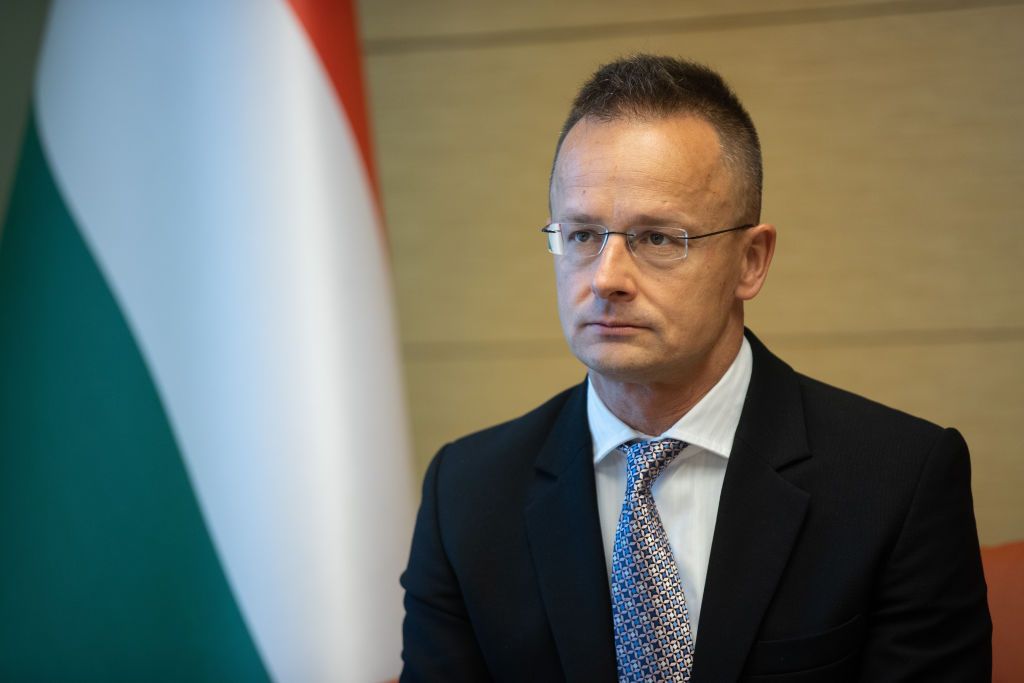Media: Hungary, Russian church plan another Ukrainian POW transfer

The Russian Orthodox Church (ROC) plans to facilitate another transfer of Ukrainian prisoners of war (POW) to Hungary, RBC Ukraine reported on July 13, citing sources in Ukrainian security services.
As was the case with the previous POW hand-over, this will be conducted without cooperation with Kyiv and the captives are of Hungarian ethnic origin, the unnamed sources told the news agency.
According to the report, members of ROC talk about a visit by Hungarian officials, expected to occur on Aug. 8-11, during which the parties will discuss the issue of the next POW transfer.
Head of the ROC's external relations Anthony, Metropolitan of Volokolamsk, will represent the Russian side at the talks, RBC Ukraine wrote.
The Hungarian side reportedly does not have a specific list of prisoners, therefore, Russian security services are currently selecting 10-15 Ukrainian soldiers of "Zakarpattia origin" for the hand-over.
"The demand of the Hungarians is Hungarian ethnicity and knowledge of the Hungarian language. This demand is non-debatable - the Hungarians will not accept anyone except representatives of the Hungarian national minority in Ukraine," one of the sources told the news agency.
On June 8, the Russian Orthodox Church announced that it had handed over to Hungary a group of 11 Ukrainian captives of "Zakarpattia origin" at Budapest's request. Hungarian Deputy Prime Minister Zsolt Semjén later confirmed the transfer.
Ukraine's westernmost Zakarpattia Oblast is home to around 150,000 ethnic Hungarians, including 400 serving in the Ukrainian army.
On June 19, Ukraine's Foreign Ministry demanded immediate consular access to the POWs. According to the ministry, they were kept in isolation without access to open sources of information and were unable to communicate with relatives without "third parties" presence. However, Hungary's Foreign Minister Péter Szijjártó said the Ukrainian POWs "can move freely in Hungary and do whatever they want."
Szijjártó also denied the involvement of the Hungarian government in organizing the transfer but Ukrainian military intelligence said they have evidence of Budapest's complicity.
On June 20, Ukraine's Foreign Ministry informed that three out of 11 POWs have been returned home, and the government continues to work to retrieve the rest of the group.














